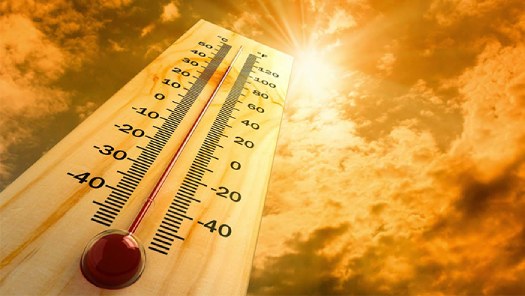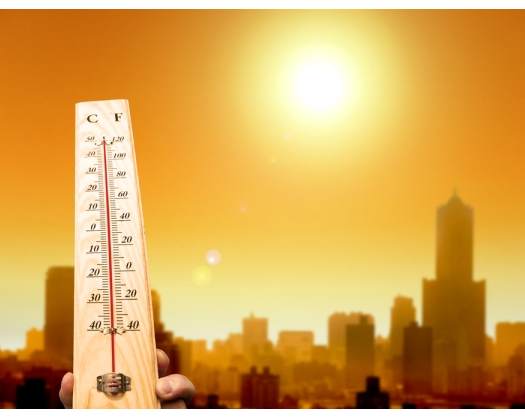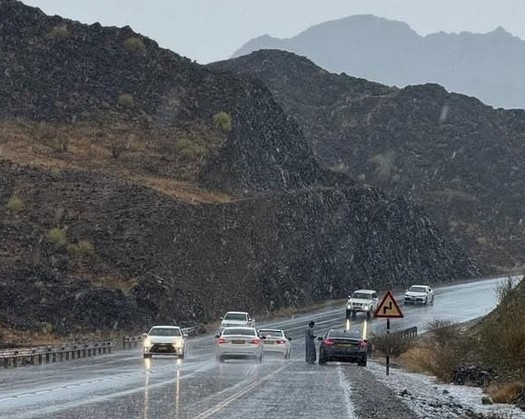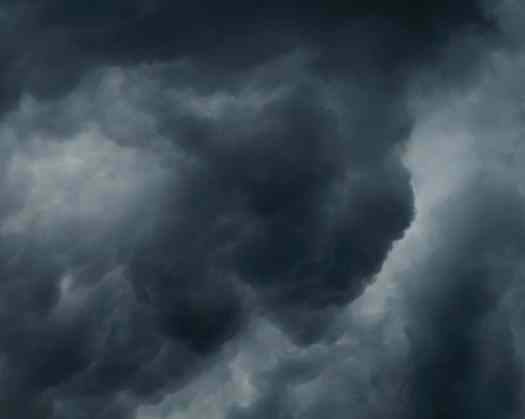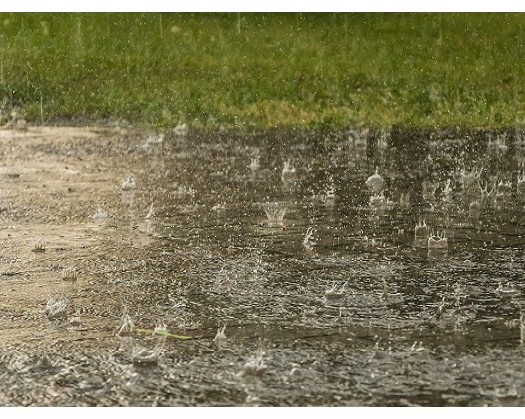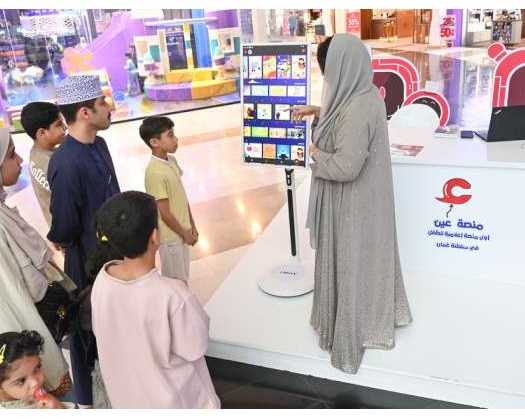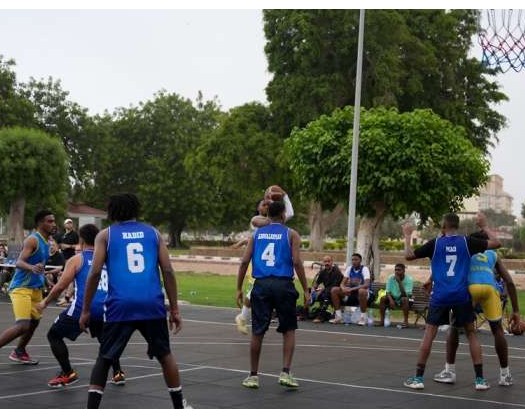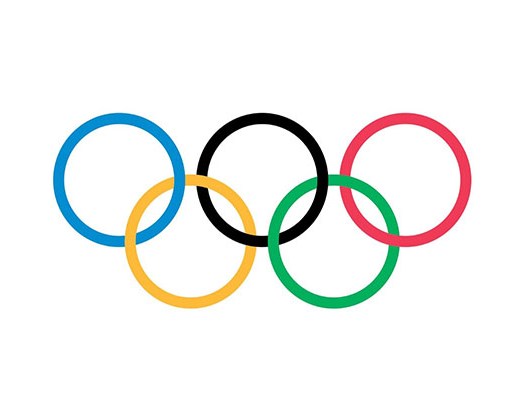Musqat: Employees had to endure the blistering heat upon resuming work after the nine-day Eid break. The unforgiving sun persisted, contributing to the prolonged period of intense heat that Oman has been experiencing. Some regions have recorded temperatures nearing 50 degrees Celsius. Healthcare providers are emphasizing the importance of taking preventive measures against the heatwave, given the surge in individuals seeking medical attention for symptoms of heat exhaustion and dehydration at hospitals and clinics.

As the summer season approaches in Oman, it is crucial for both residents and tourists to be mindful of the soaring temperatures. Hydration, seeking shelter from the sun, and avoiding prolonged exposure to direct sunlight are key precautions to take.
The escalating heat serves as a reminder of the region's harsh climate during the summer months, prompting individuals to adapt their daily routines and outdoor activities to ensure their well-being and comfort.
The surge in temperatures has practical implications for daily life in Oman, necessitating adjustments to mitigate the effects of the extreme heat. Outdoor tasks should be limited or carried out with caution, particularly during the peak of the day when temperatures are at their highest. Scheduling activities in the early morning or late evening is advisable to avoid the intense heat.
In addition to health concerns, the scorching temperatures present challenges for various sectors of the economy. Industries that rely on outdoor labor, such as construction and agriculture, have implemented strict measures to safeguard workers. Providing shaded rest areas and regular hydration breaks are essential to minimize the risks associated with the high temperatures.
Medical professionals in Oman have observed a rise in the number of patients seeking medical attention as temperatures continue to climb. Instances of individuals falling ill with symptoms like high fever, headaches, and heat exhaustion have become more prevalent, underscoring the importance of taking necessary precautions during this period of extreme heat.
Dr. Dilip Singhvi, a Specialist in Internal Medicine and Diabetes at Burjeel Hospital, highlighted the impact of the rising temperatures during the summer season, reaching nearly 50 degrees. He stressed the importance of taking precautions to prevent heat exhaustion or heat stroke.
He recommended avoiding outdoor activities between 12 pm and 4 pm, staying indoors unless necessary, covering the head, and staying hydrated. For blue-collar workers, he advised resting in the shade, working outside peak hours, and maintaining proper hydration.
In case of symptoms like body aches, dizziness, tiredness, shivering, fever, loose motions, or vomiting, Dr. Singhvi urged immediate medical consultation to prevent further dehydration and aid in a speedy recovery.
Dr. Sanjay Dalal, a General Practitioner at Lama Polyclinic Al Khuwair, noted an increase in patients due to the ongoing heat wave in Oman. He mentioned that construction workers, gardeners, and cleaners are particularly affected by severe dehydration, headaches, and dizziness. Treatment involves cooling the body temperature in an air-conditioned environment, IV therapy, and regular intake of ORS.
Furthermore, Dr. Dalal warned about dust storms common in the desert during summer, causing allergic reactions and respiratory issues like asthma and bronchitis. He emphasized the importance of taking preventive measures to avoid respiratory infections, especially for vulnerable individuals like children and those with pre-existing conditions such as asthma or COPD.

